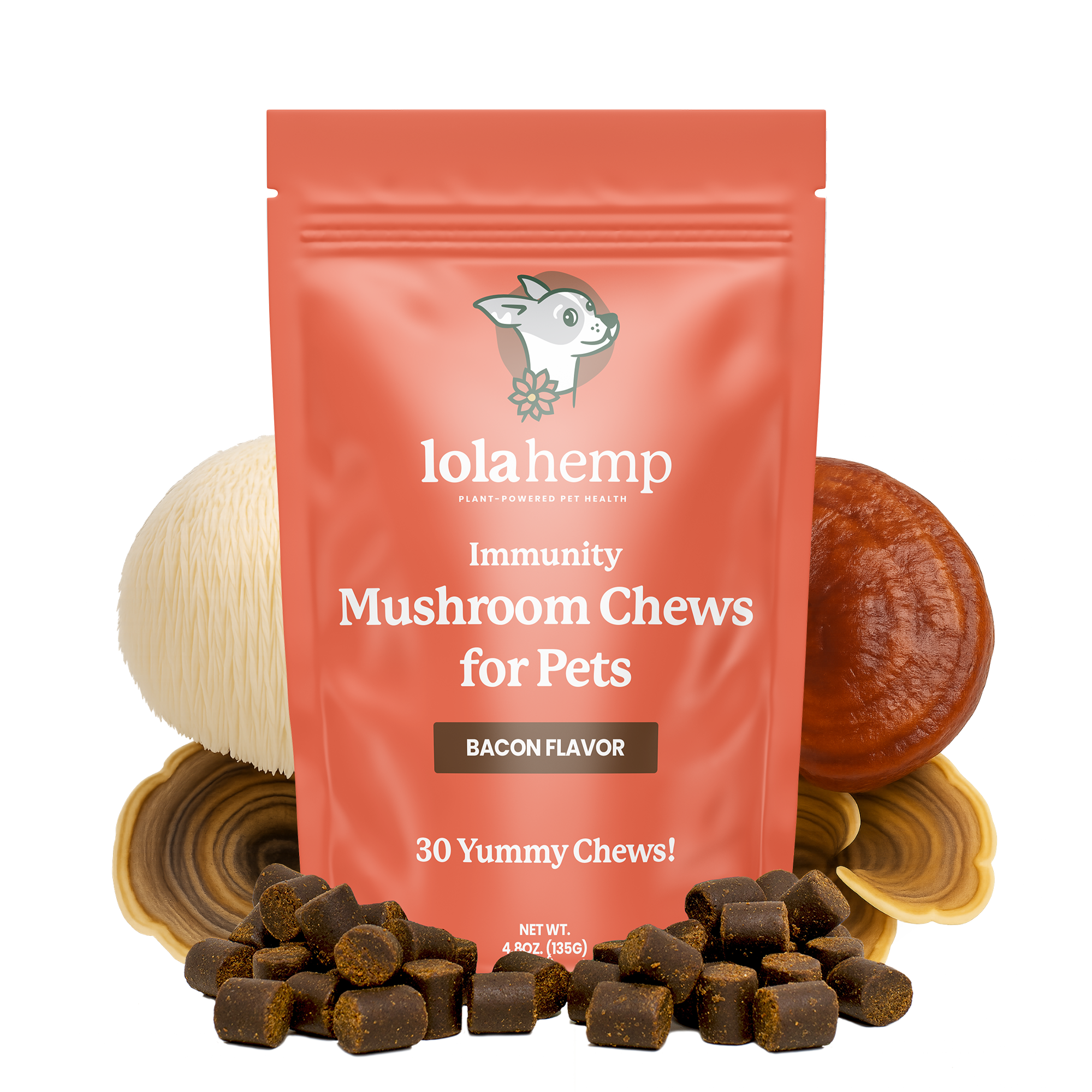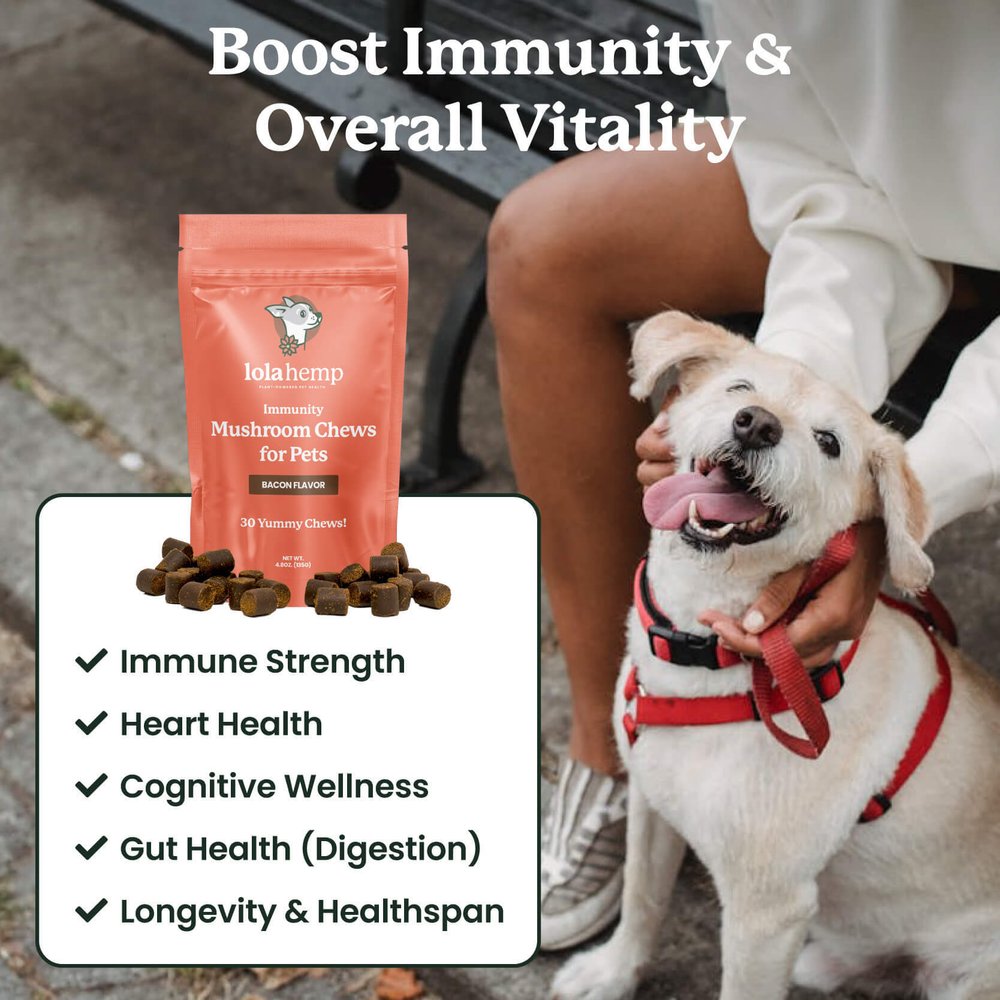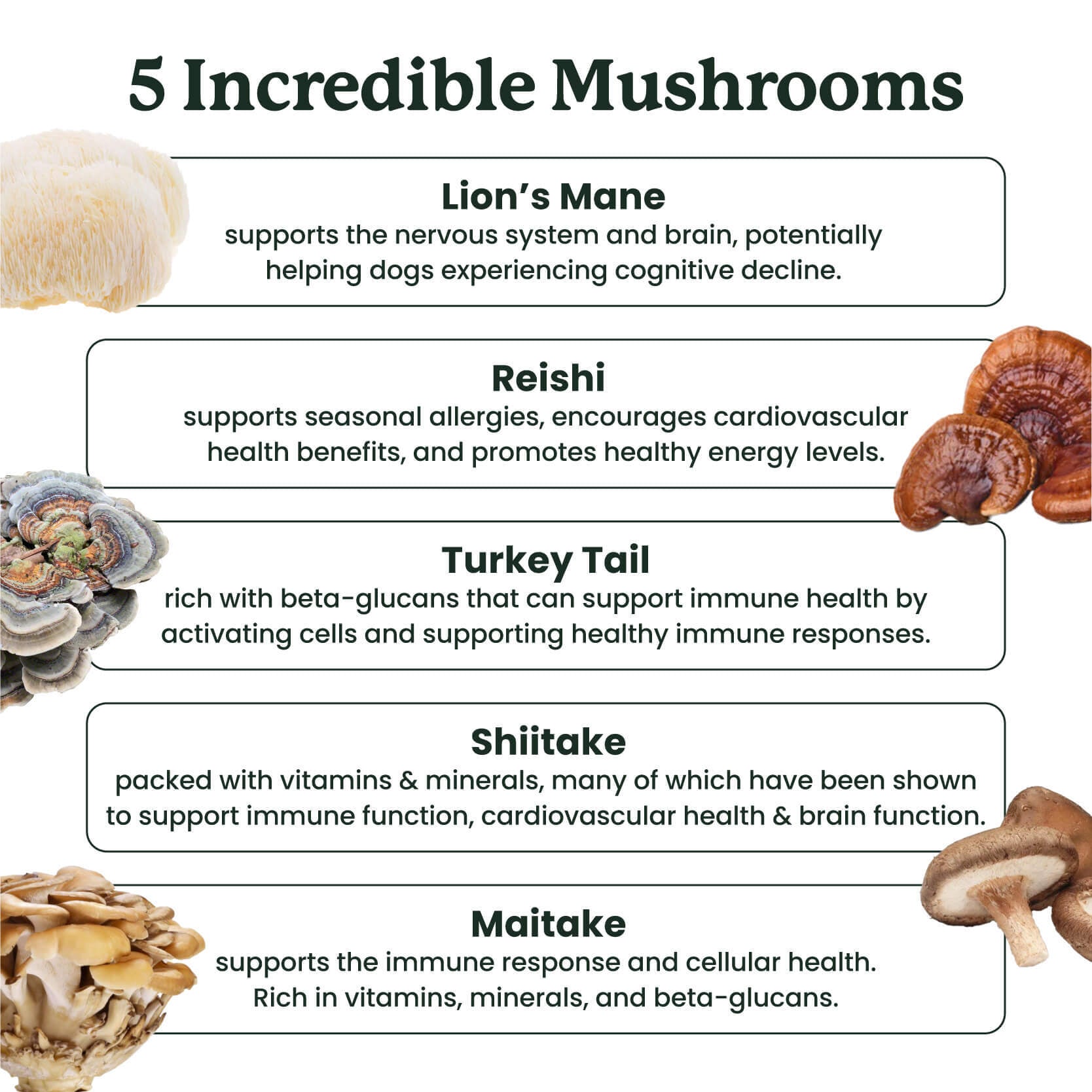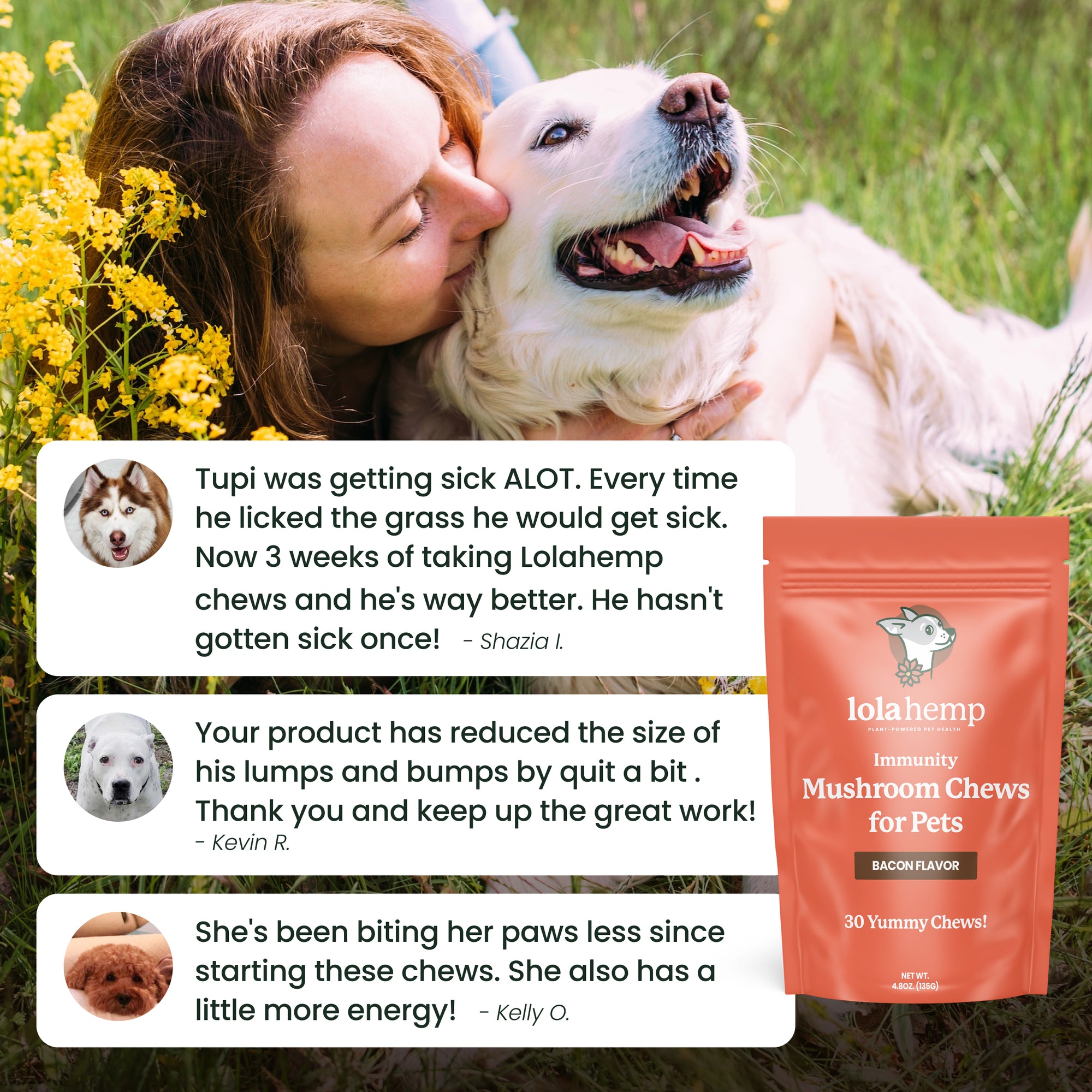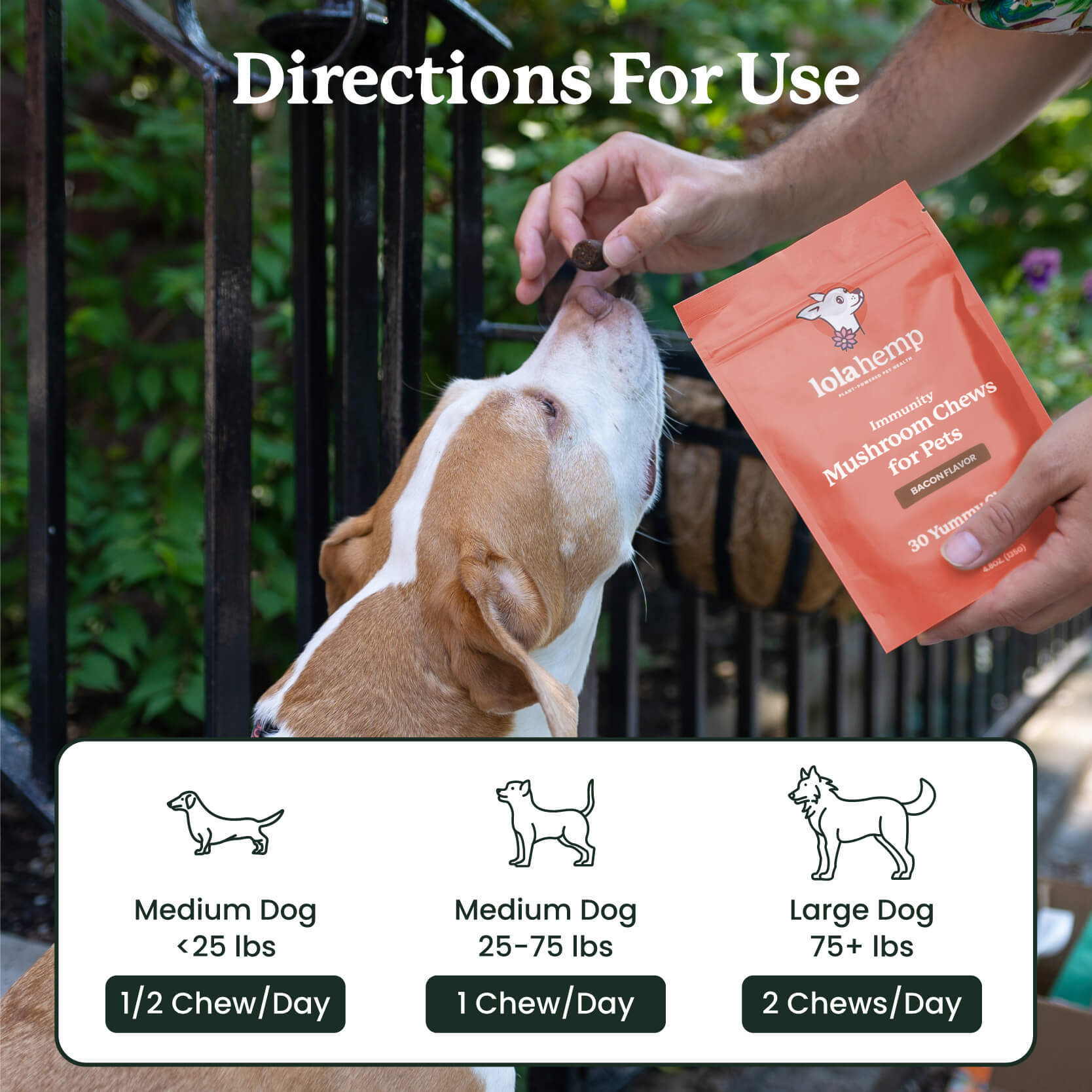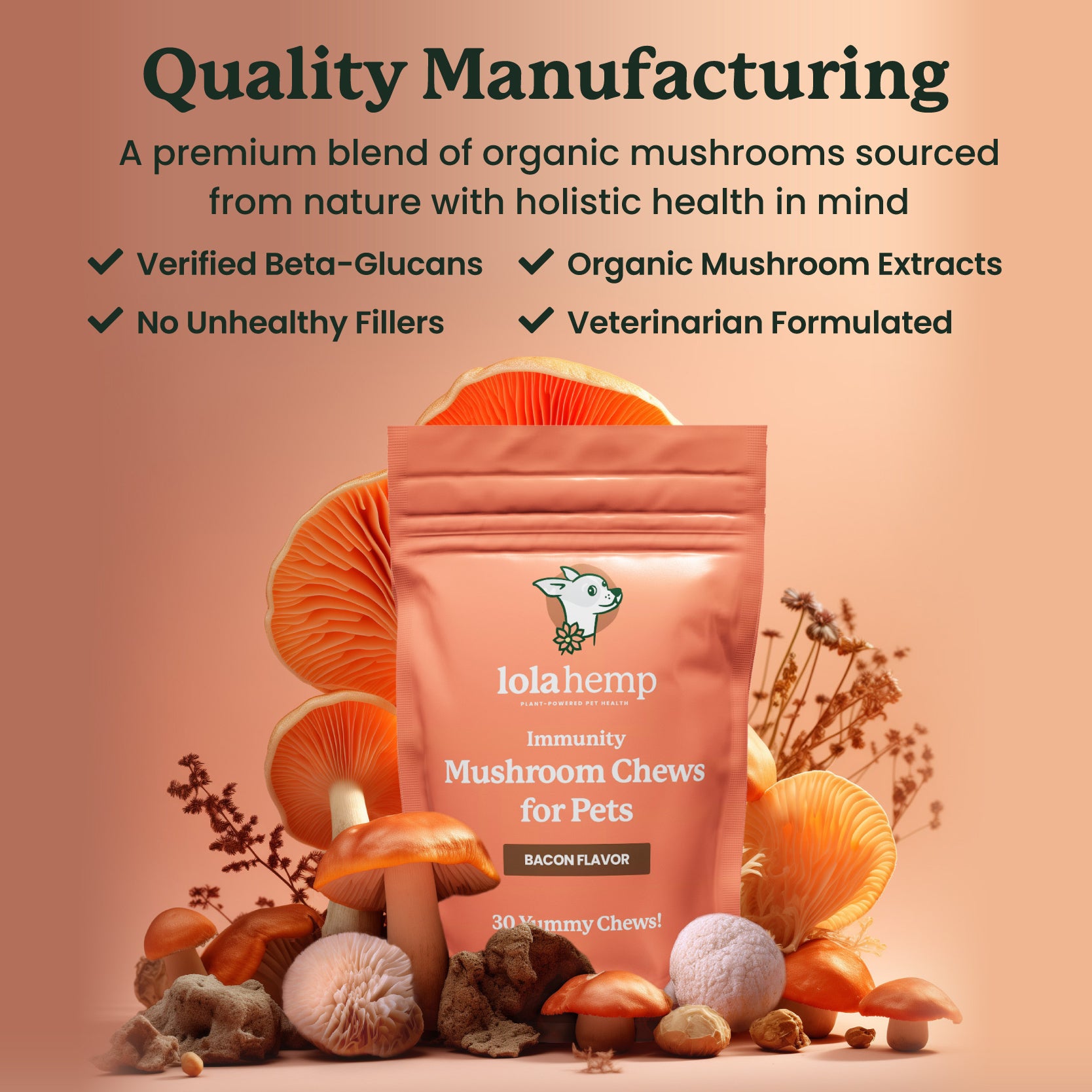Your dog is giving you the look—that hopeful gaze they use when you're snacking on something juicy and sweet, like strawberries. Whether your dog just snuck a berry or you're considering sharing one, you're probably wondering: can dogs eat strawberries safely?
In this guide, we’ll explore whether strawberries are safe, how they benefit your dog (or don’t), and what types of strawberry products to avoid. For a complete list of human foods dogs can and can’t eat, check out our comprehensive article on what human foods dogs can eat.
Can Dogs Eat Strawberries Safely?
Yes, dogs can eat fresh strawberries in moderation. Strawberries are non-toxic and contain antioxidants, vitamins, and fiber that may benefit your dog’s overall health. That said, not all forms of strawberries are safe, and feeding too many can cause issues.
Stick to fresh, ripe strawberries, washed thoroughly and served in bite-sized pieces. Avoid giving your dog whole strawberries, especially small breeds, as they can be a choking hazard. French Bulldogs, for example, are known to gulp food without chewing, making them more prone to this risk.
As with any fruit, moderation is key. A few small strawberries are plenty as an occasional treat. Too many can lead to gastrointestinal upset due to the fruit’s natural sugar and fiber content.
Are Strawberries Good for Dogs?
Strawberries can be a healthy treat when served properly. They offer a variety of vitamins and plant compounds that support wellness in dogs.
Vitamin C: An antioxidant that helps fight inflammation and supports immune system function.
Fiber: Aids digestion and can help regulate bowel movements.
Water content: Strawberries are over 90% water, making them a hydrating, low-calorie snack.
Natural enzymes: Some of the enzymes in strawberries may promote gentle teeth whitening over time, though this effect is minimal.
What Are the Risks of Strawberries for Dogs?
Despite their benefits, strawberries can pose risks when overfed or served improperly. Their natural sugars can contribute to weight gain or worsen conditions like diabetes. Too many strawberries may also cause diarrhea, gas, or an upset stomach.
Always remove the stems and tops, wash the berries thoroughly to eliminate pesticides, and serve in moderation. Dogs with sensitive stomachs should be introduced to strawberries gradually to monitor for any adverse reactions.
Should You Worry If Your Dog Eats Strawberries Unattended?
If your dog eats a few strawberries without your supervision, there’s no need to panic. In most cases, the worst you'll see is a minor bout of loose stool. However, if your dog eats a large quantity—especially moldy, unwashed, or underripe strawberries—watch for symptoms like vomiting, diarrhea, or lethargy.
When in doubt, call your veterinarian, especially if your dog has pre-existing health concerns or shows ongoing symptoms.
Can Dogs Be Allergic to Strawberries?
Allergies to strawberries in dogs are rare but possible. The proteins in strawberries can trigger immune responses in sensitive dogs, leading to symptoms like itchy skin, ear infections, or digestive upset.
If your dog has existing food allergies, introduce strawberries cautiously and one at a time. Signs of a reaction may appear within a few hours. Stop feeding strawberries and consult your vet if symptoms develop.
Are Strawberry Plants or Wild Strawberries Toxic to Dogs?
Strawberry plants are not considered toxic to dogs. However, eating large amounts of leaves, stems, or unripe fruit may cause mild stomach upset. If your dog has access to a garden, supervise them around strawberry patches to prevent overindulgence.
True wild strawberries are safe, but they often grow near harmful or treated plants. Some lookalikes—like Indian mock strawberries—are not toxic but have no nutritional value and could still cause irritation if eaten in large quantities. Avoid letting your dog forage for wild berries unless you’re certain they’re safe.
Can Dogs Eat Strawberry Tops?
While not toxic, strawberry tops (the leafy greens) can be tough to digest and offer no real nutritional value. They may cause mild gastrointestinal irritation or even gagging in small dogs. Always remove the tops before offering strawberries to your dog.
Can Dogs Have Dried Strawberries?
Dried strawberries should be fed sparingly, if at all. The drying process concentrates natural sugars, increasing the risk of digestive upset, weight gain, and insulin spikes in dogs with diabetes or weight issues.
Many commercial dried strawberry products also contain added sugars or preservatives, including xylitol—a highly toxic sweetener. Always read the label before sharing dried fruit with your dog.
Can Dogs Have Strawberry Jam?
No, dogs should not eat strawberry jam. Most jams contain added sugars, sweeteners, or flavorings that are unnecessary and potentially harmful to dogs.
Xylitol, in particular, is a common additive in low-sugar or "diet" jams and is extremely dangerous for dogs. Even small amounts can lead to hypoglycemia, liver failure, or seizures. If your dog eats jam, check the label and contact your vet immediately.
Conclusion: Strawberries as a Dog Treat
Fresh strawberries can be a safe and healthy treat for dogs when served appropriately. Wash them, remove the tops, slice into small pieces, and keep portions modest. Avoid processed strawberry products like jams, dried berries, or flavored treats.
As with all treats, strawberries should complement—not replace—a complete and balanced diet. If you're looking for ways to support your dog’s health with added wellness benefits, explore our collection of CBD dog treats and oils.
Can Dogs Eat Strawberries: FAQs
Are strawberries safe for dogs?
Yes, fresh strawberries are safe for dogs when washed, cut into small pieces, and served in moderation.
Can dogs eat strawberry tops or leaves?
No, while not toxic, strawberry tops and leaves are hard to digest and can cause mild stomach irritation.
Can dogs eat strawberry-flavored foods or jam?
No, processed strawberry products often contain added sugars or xylitol, which can be dangerous for dogs.
How many strawberries can I give my dog?
One to three small strawberries are enough for most dogs as an occasional treat, depending on their size.
Can dogs eat dried or freeze-dried strawberries?
Only in small amounts and if they contain no added sugars or preservatives. Too many can cause digestive upset.

